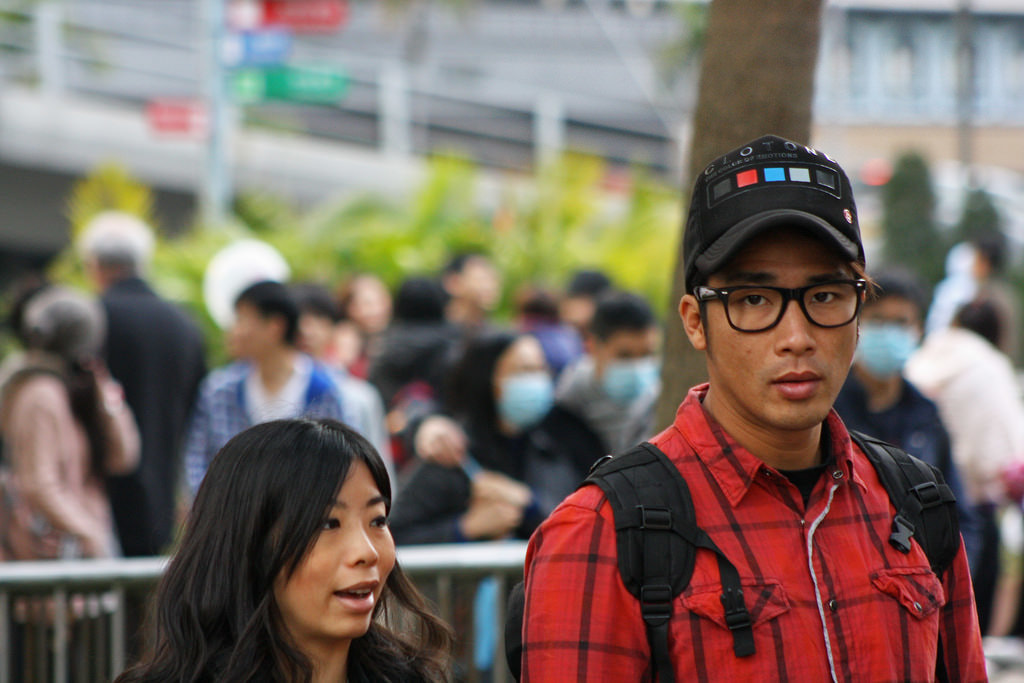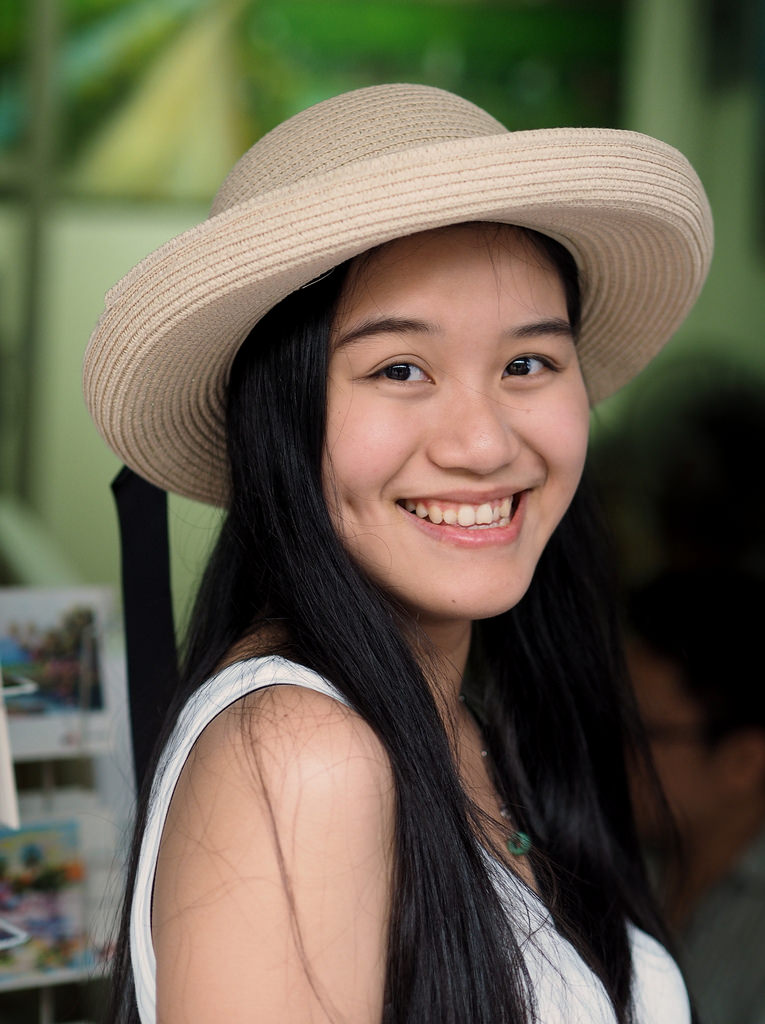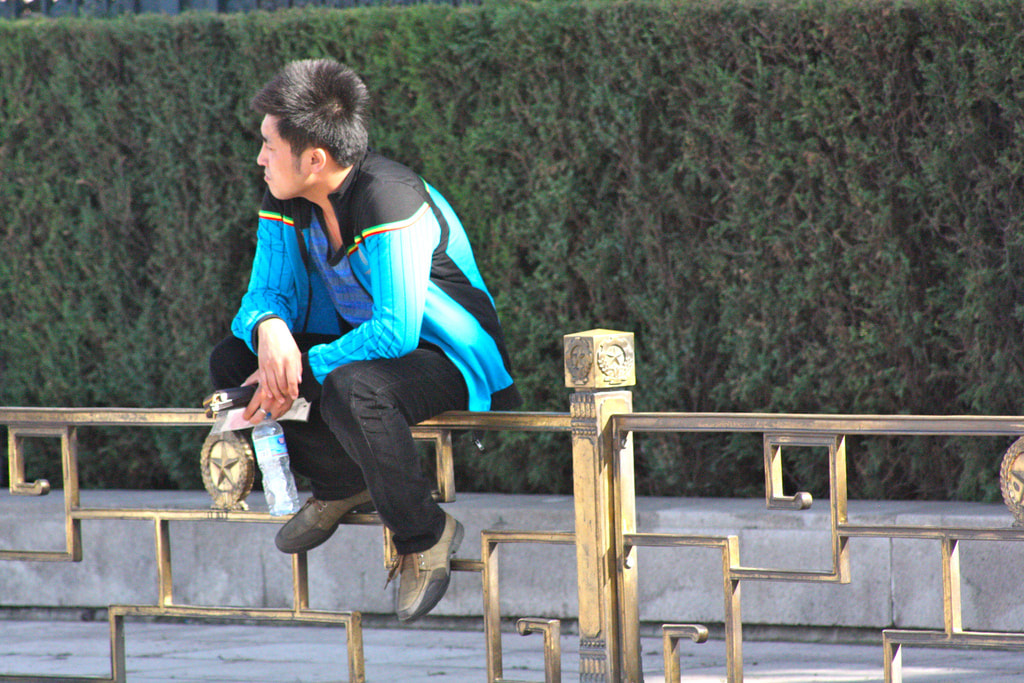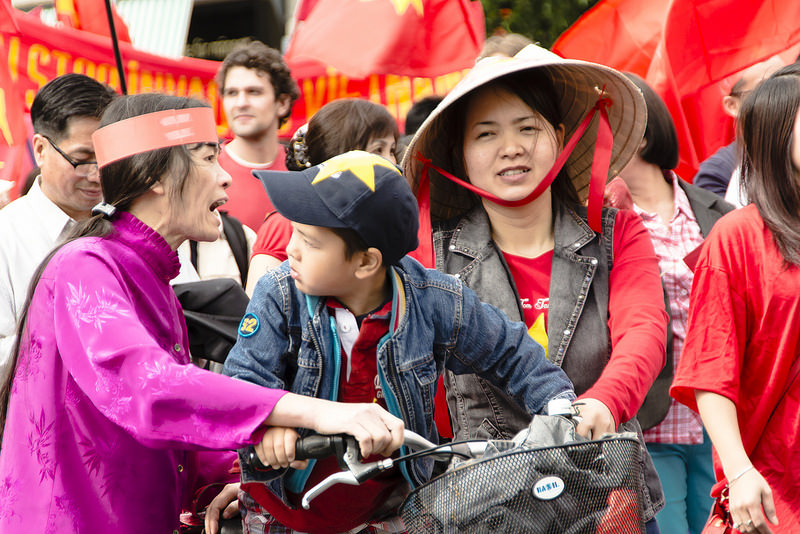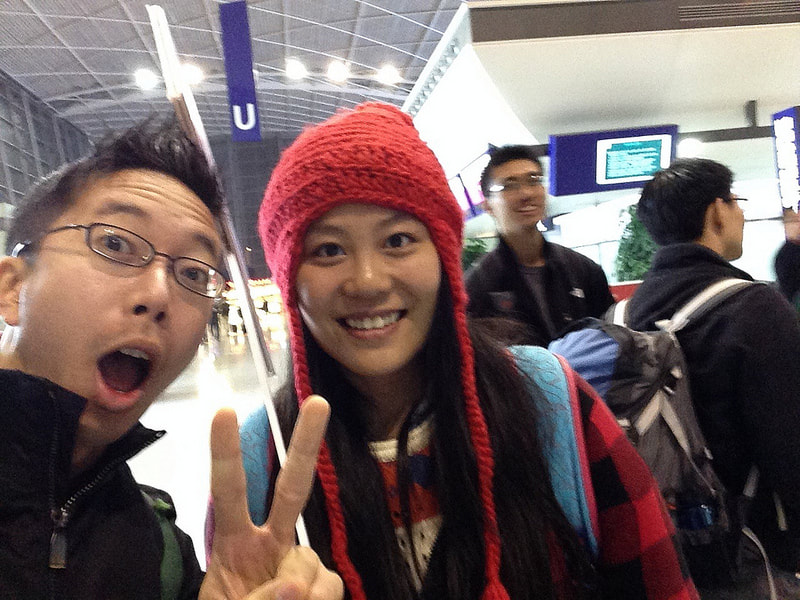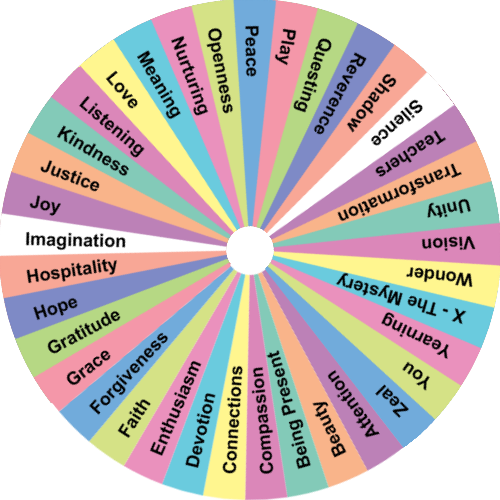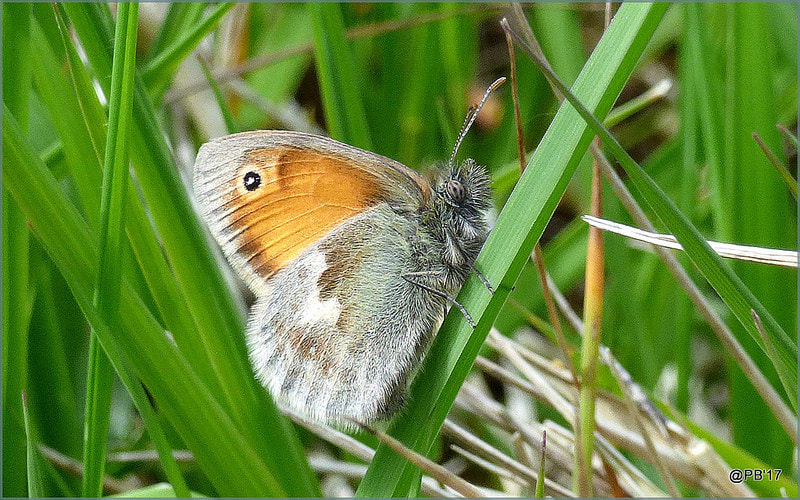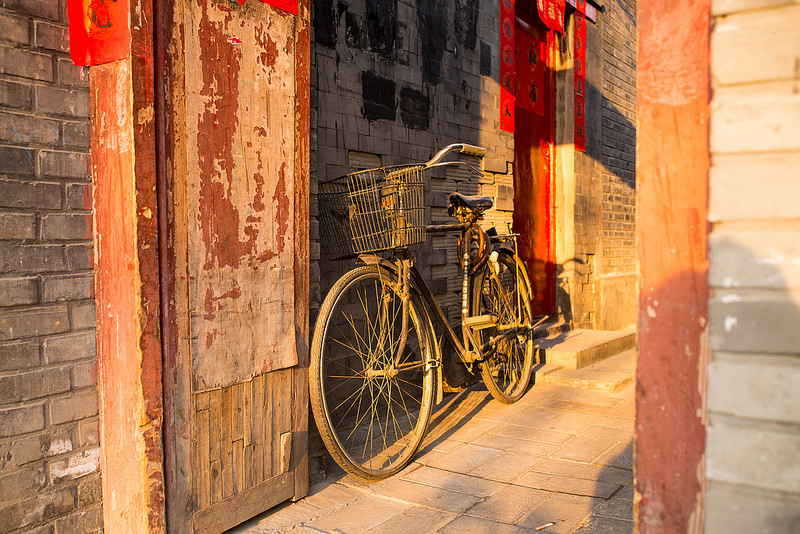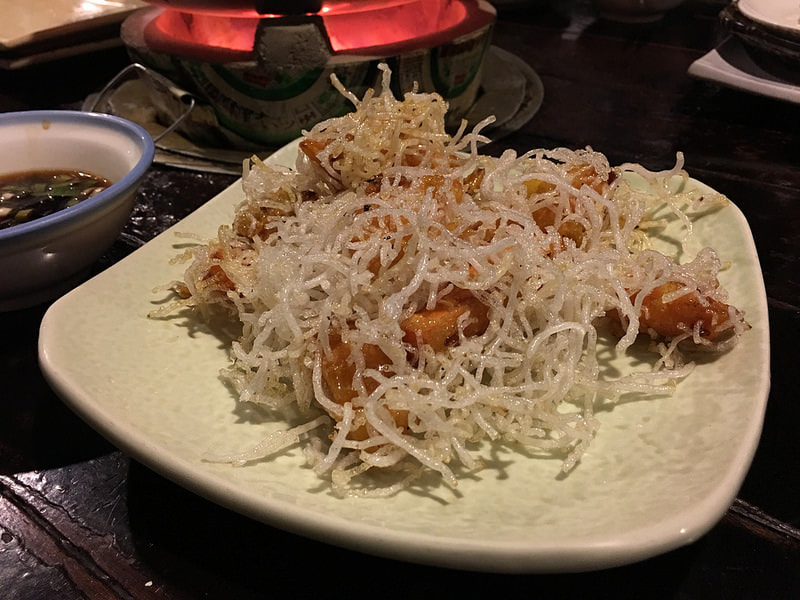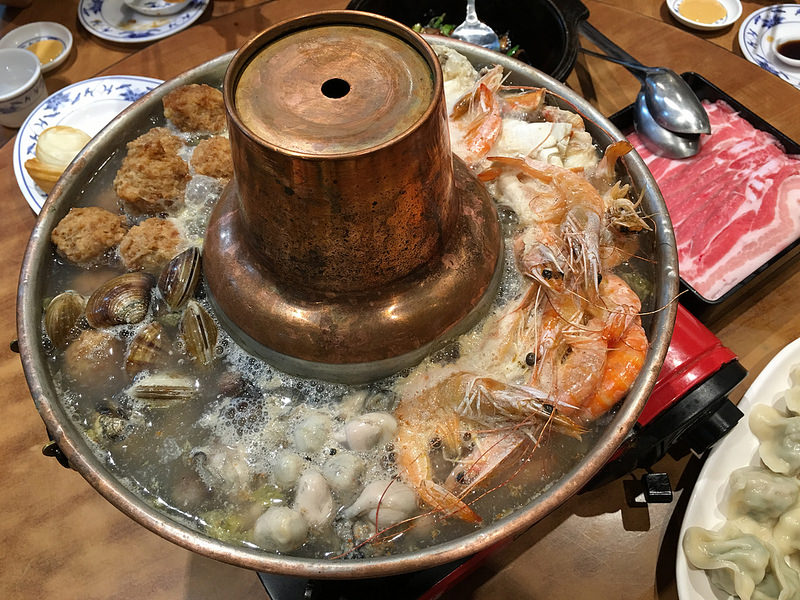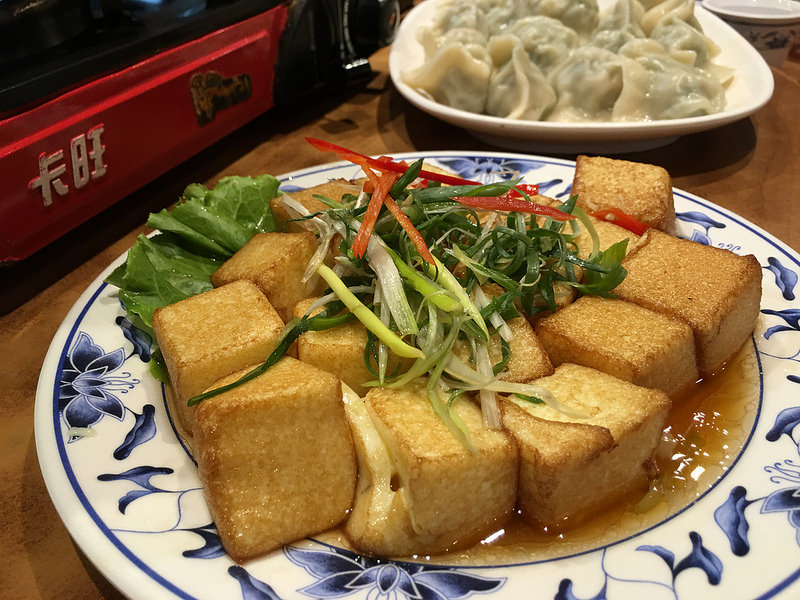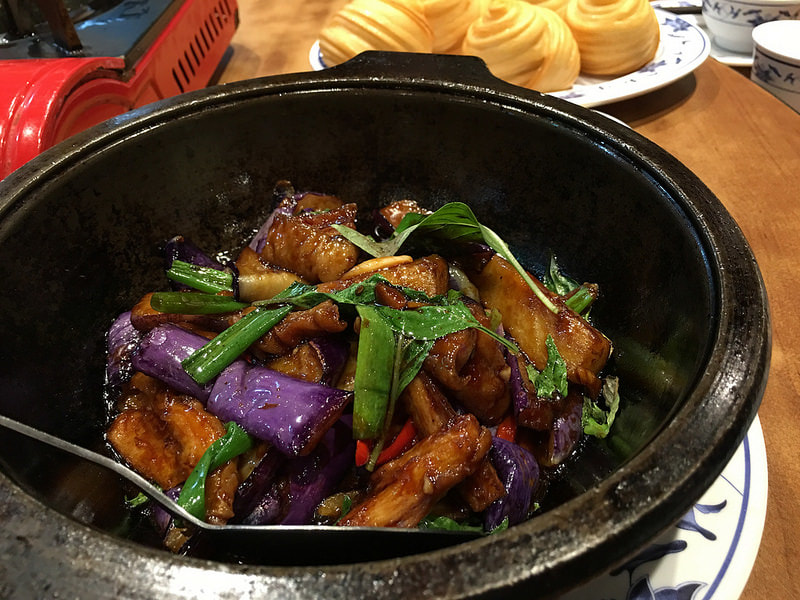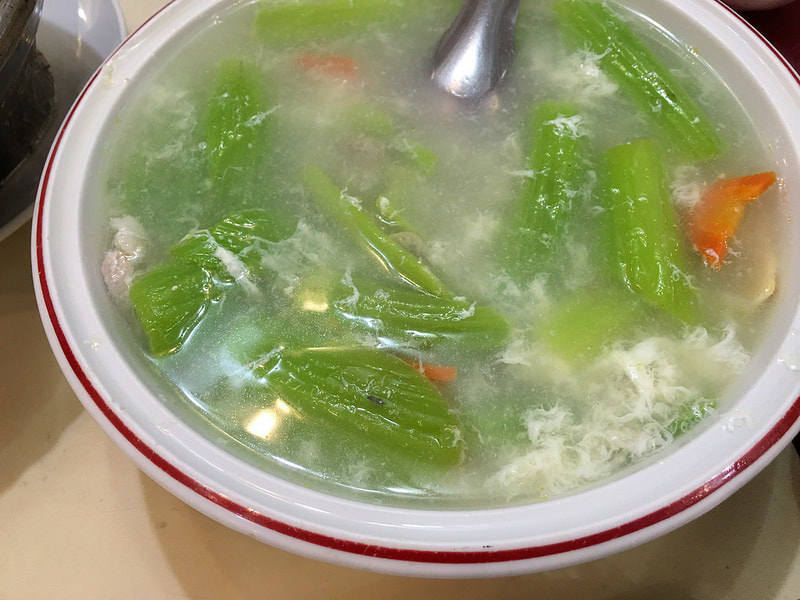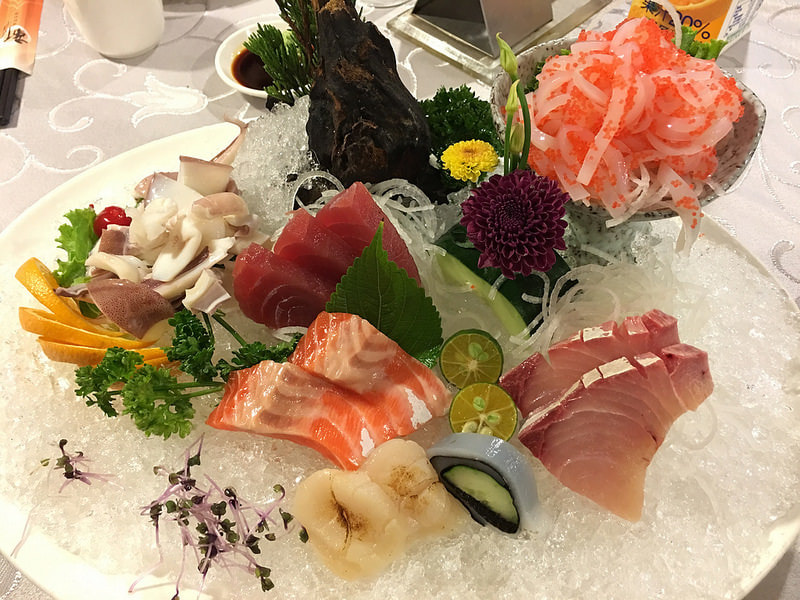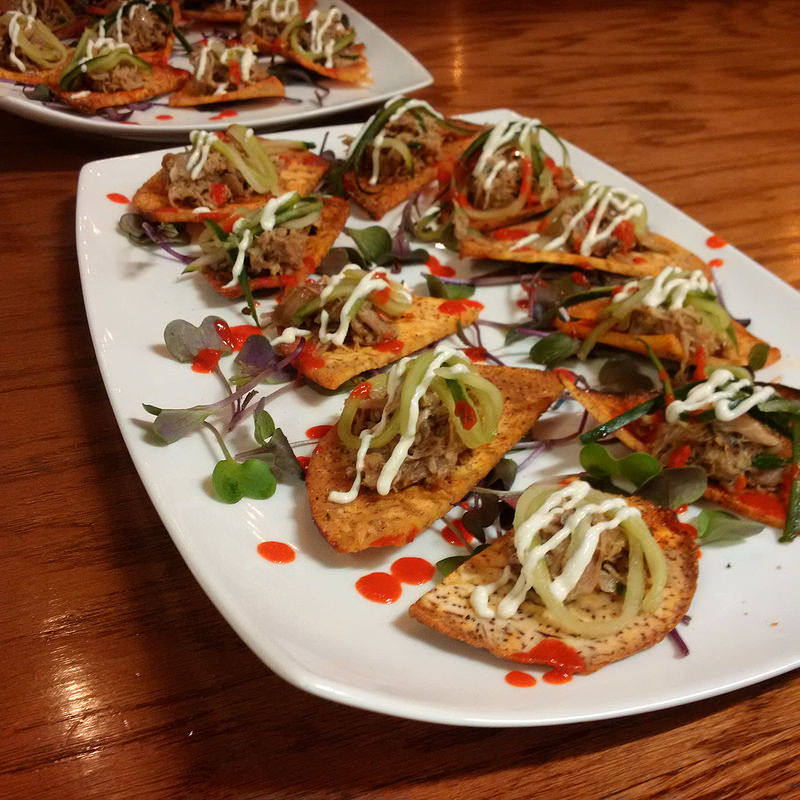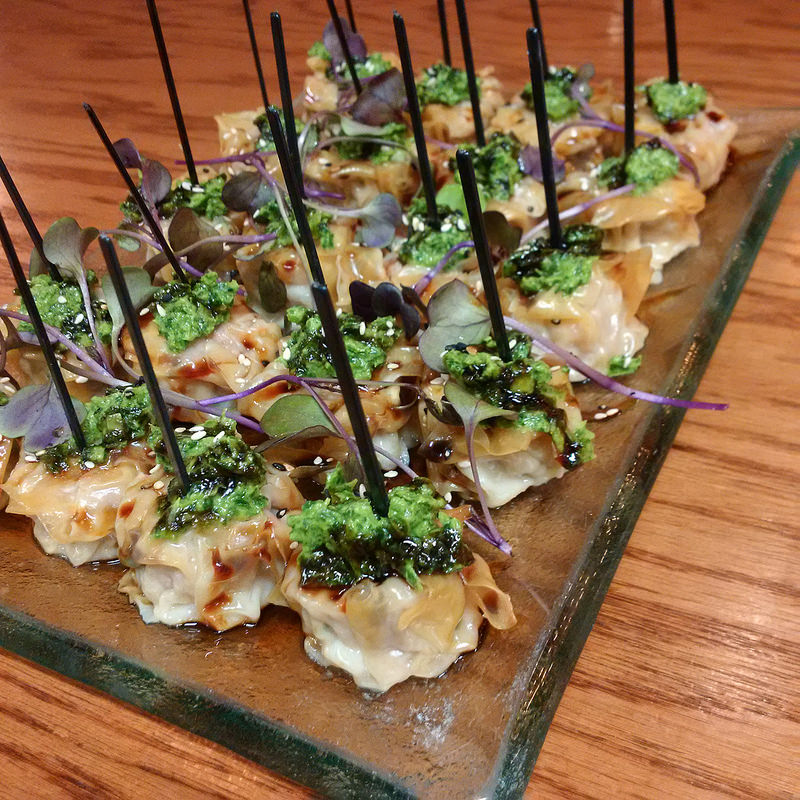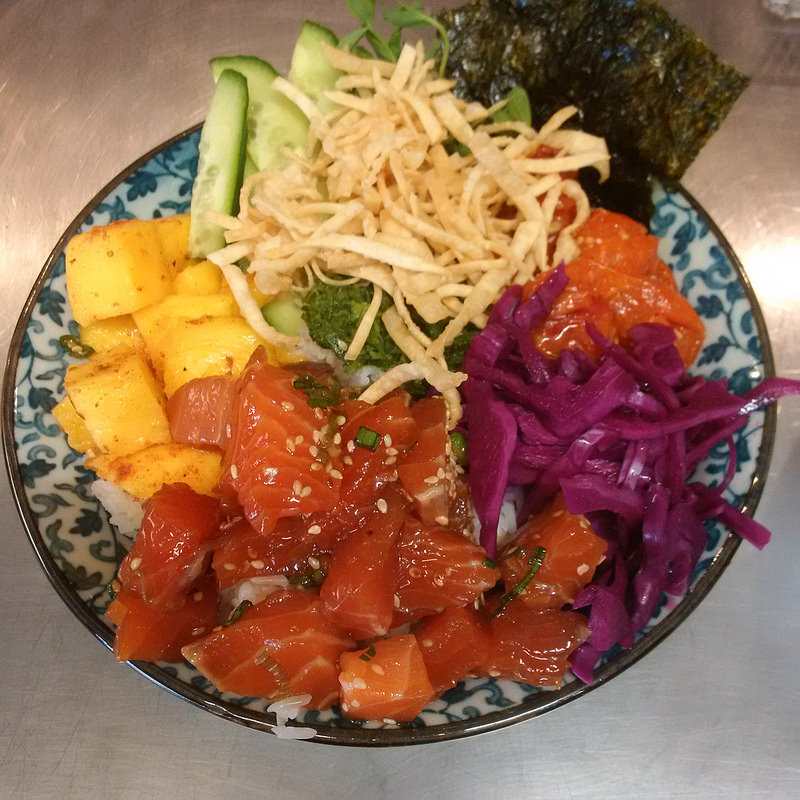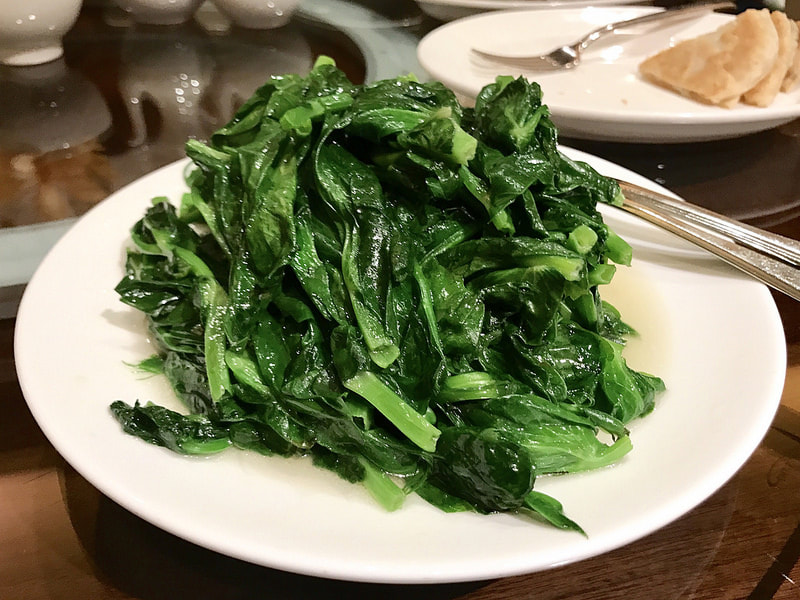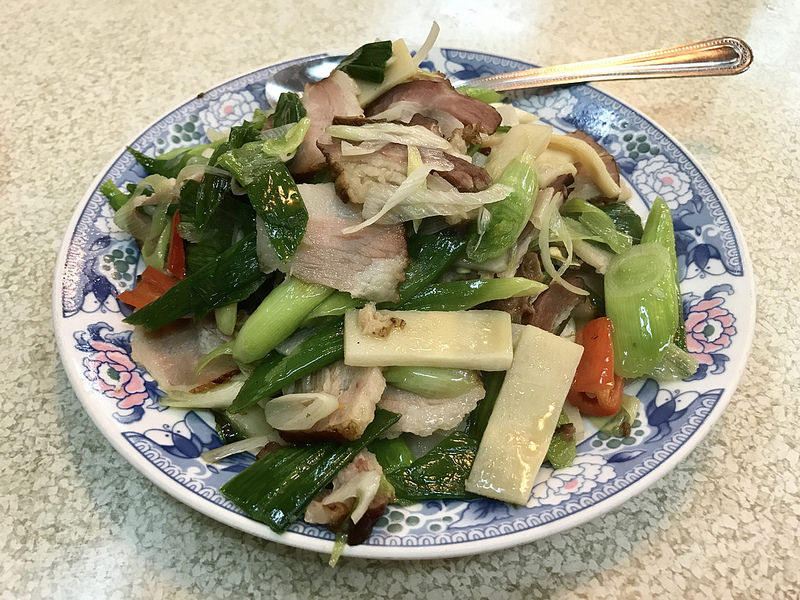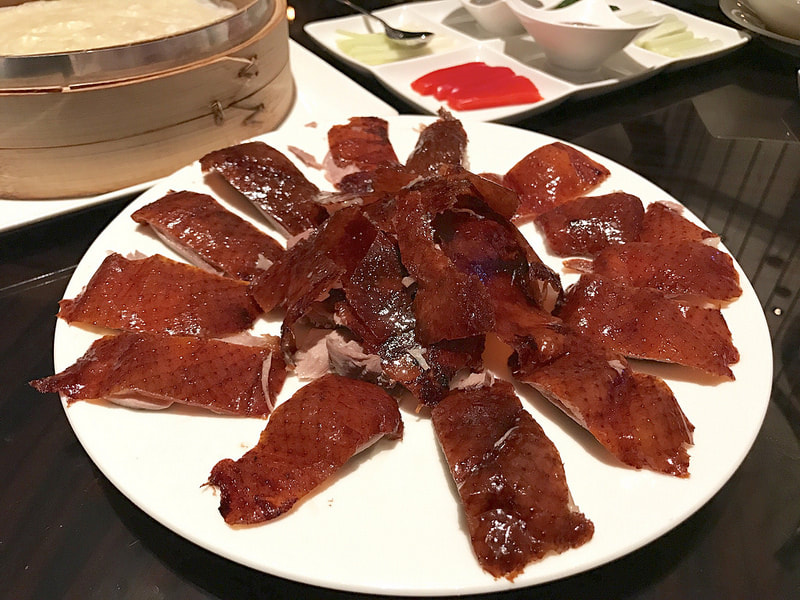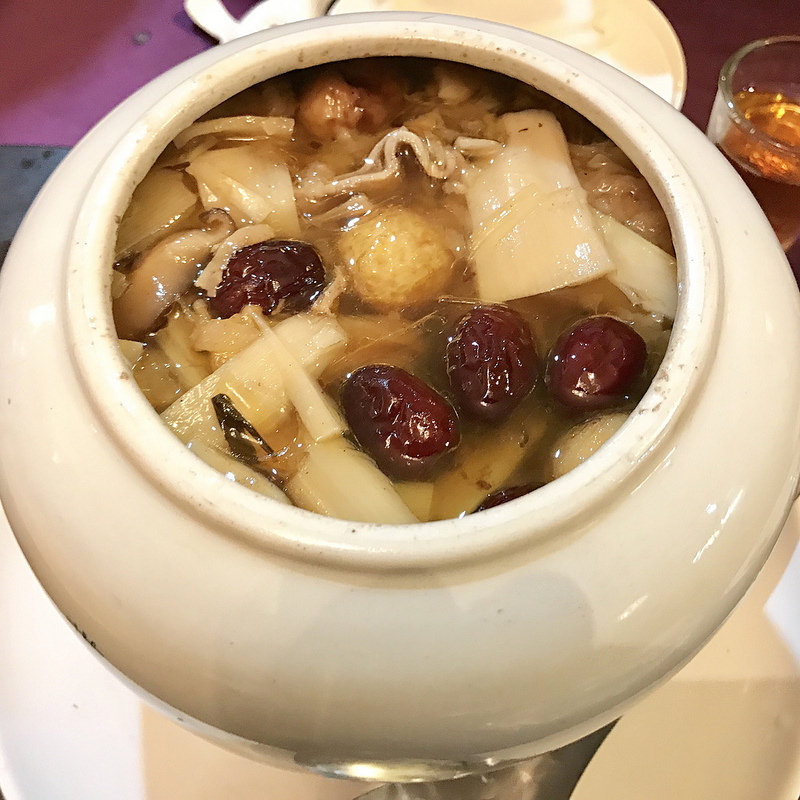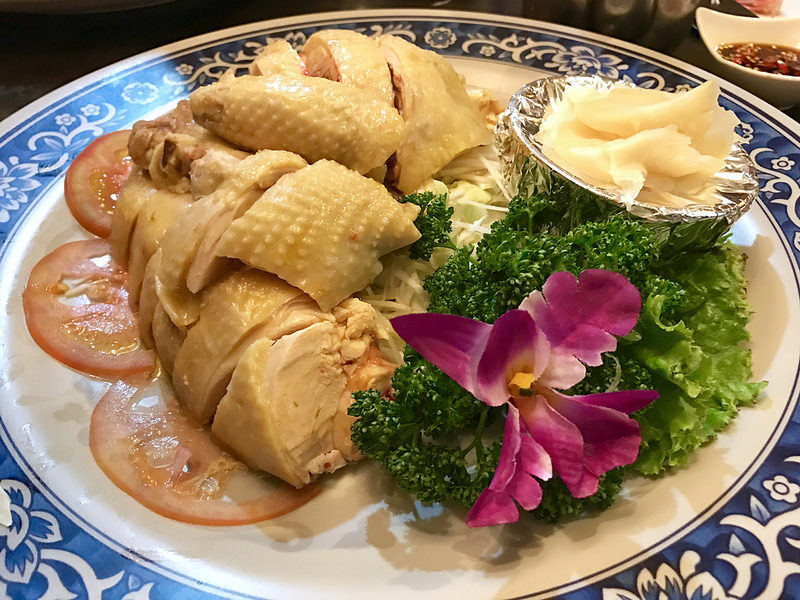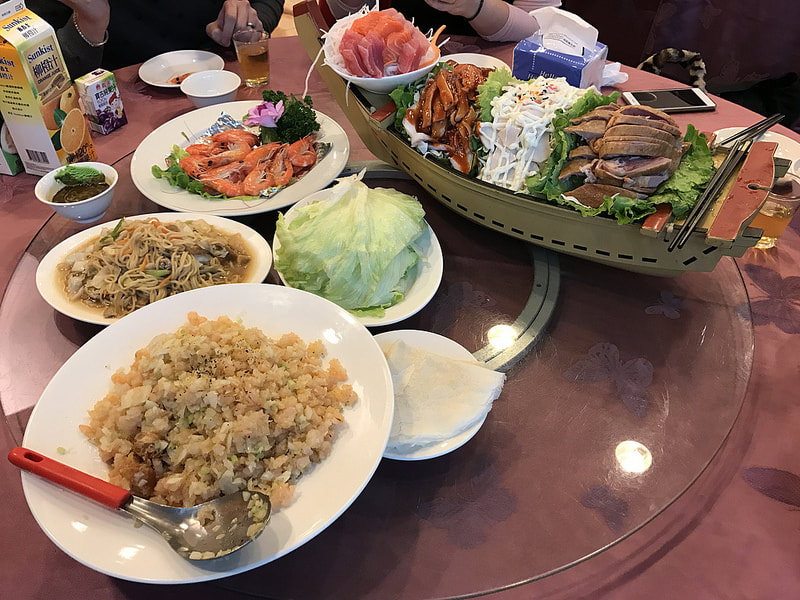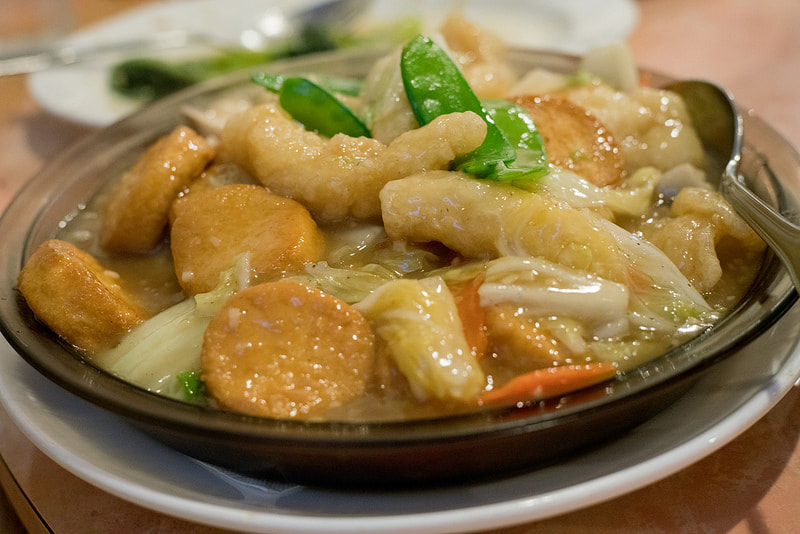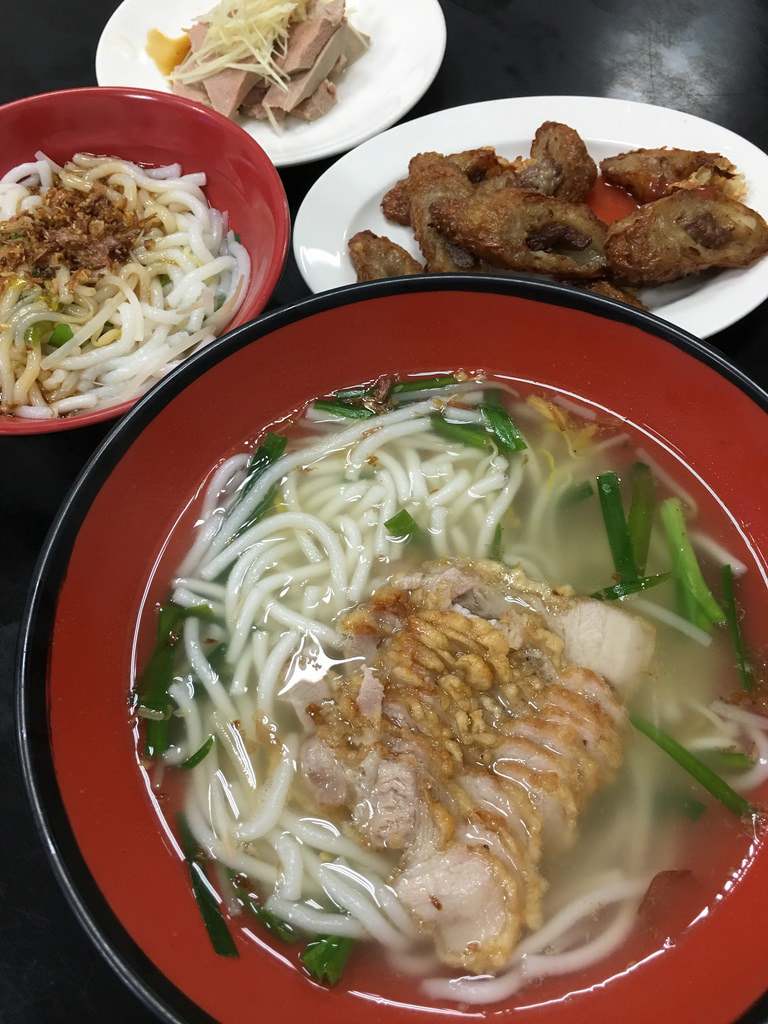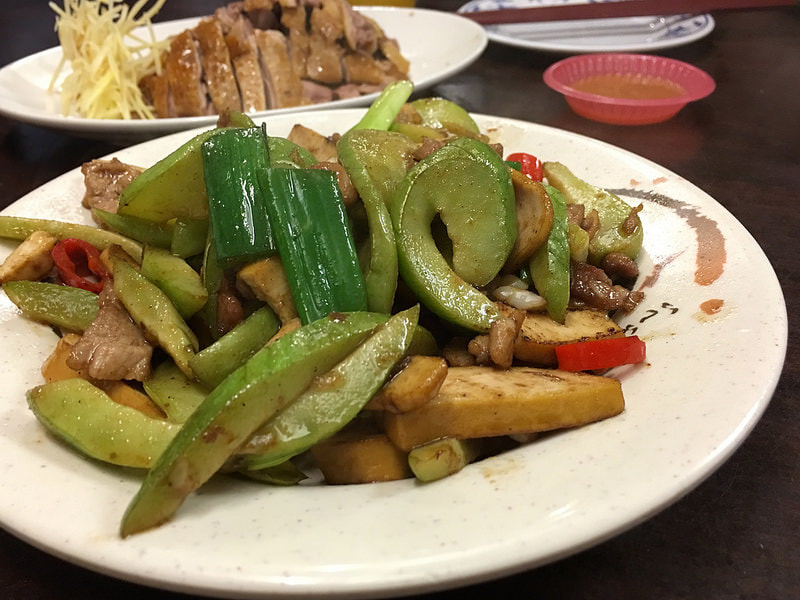Enjoying a Vivid Mental
and Spiritual Life
The Personal, Individual, and Spiritual Side
of Constructive Postmodernism in China
|
June 21, 2018
I will be going to China to help lead a Process Summer Academy in July, 2018. I am writing this a few weeks before I go, to remind myself why I go and why I care. It is not simply because China is becoming such a leader in the world. It is, and I don't mind that. It is not because I think the future of the planet partly depends on how China develops. It does. It is because I like the people so much. This is not my first time to lead the academy. I have traveled to mainland China thirteen times over the past few years to lead workshops on process philosophy or, as it is referred to in China, constructive postmodernism. Along the way I have gotten to know many Chinese, including and perhaps especially millennials (ages 18-35). And I've come to discover something about the role process philosophy plays in their lives. Many of my Chinese friends appreciate constructive postmodernism, not simply because it unites science and cosmology, or because it points toward an ecological civilization, or because it has implications for education and economics and governance, but because it enables them to explore the spiritual side of life, emotionally and intellectually. It does this in the same way the classical Chinese wisdom tradition and the arts once functioned in Chinese life, and movies and popular music now function. It gives them hope, not only for China, but for themselves. Process thinkers from the West sometimes miss this. They -- we -- too quickly want to turn to the problems of the world: global climate change, ecological destruction, inequalities of wealth, terrorism and war. And if we talk about the self, we are very quick to over-emphasize the importance of "relationality," in partial reaction to the hyper-individualism we find in the West. We forget that, for many people in the world, including Chinese, the deeper need is not to recognize the power of relations in society, some of which are positive and some negative, but to claim a sense of individuality in a world that too often neglects the intrinsic worth of the individual. In short, we miss the importance of the personal and spiritual side of process philosophy. Truth be told, process philosophy functions this way for some young Americans, too. See I Am a Process Millennial by Tristan Norman. No, process philosophy is not a religion and it does not compete with the many world religions. There are Jewish process thinkers and Muslim process thinkers and Buddhist process thinkers and Christian process thinkers. There are also "spiritual but not religiously affiliated" process thinkers, like Tristan and the many Chinese I work with. They care about the world but they also care about the heart. They want a vital, practical spirituality that will help them center their lives in a complex world. Process philosophy offers the ideas but not the practices. This is a problem. The need among constructive postmodernists in China is to develop practices, coming from Chinese traditions themselves, which contribute to a further realization of this more personal end: bike riding, food preparation, the celebration of holidays. What does a Constructive Postmodern celebration of Spring Festival look like? How might Tai Ji be conceived in constructive postmodern terms? These are leading edge questions. (Jay McDaniel) |
A Wheel of Spirituality
the building blocks of a vivid mental and spiritual life
|
The spiritual wheel below, developed by Frederic and Mary Ann Brussat, identifies some of the many moods and modes of a healthy spirituality, as recognized in constructive postmodernism.
One need in China and other parts of the world is to develop and explore traditional and novel practices that encourage them. |
Message from a Chinese Millennial
with introduction by Jay McDaniel
In a certain sense young Chinese - ages 18 to 30 -- are drawn to constructive postmodern (process) philosophy for the same reason they are drawn to movies, popular music, video games, and discussions in coffee shops. It stimulates their imaginations, enabling them, in the words of the student below, "to enjoy a vivid mental and spiritual life." The same applies to those who are older. Constructive modernism is refreshing, like a new spring.
In a society where expectations are rigid, relations are hierarchical, and competition stiff; where there are limits to what can be said and done publicly; where "play" and "imagination" are restricted in early years and learning to pass exams is overemphasized; the very opportunity to enjoy a vivid mental and spiritual life is a rich blessing. Constructive modernism offers this kind of blessing, stretching the imagination and inviting dialogue with others. It is, in its own way, a kind of spirituality, allowing someone to explore the spiritual alphabet, independently of religious affiliations.
Some Whiteheadians in the West might think that Chinese are turning to process thinking because it offers an integrative worldview, or because it can help Chinese develop an ecological civilization, or because it offers a paradigm for educational reform, or because it has so many connections with traditional forms of Chinese thinking, or because it offers a way of linking science and spirituality, or because it points toward a more "organic" Marxism. All true.
My experience in China suggests that the reasons for the turn are closer to daily life. People in China are attracted to process thinking because it encourages a lifestyle which is creative, compassionate, respectful of individuals, socially-concerned, and grateful for diversity. A young Chinese student of mine wrote a piece explaining his own attraction to process thinking. His name is 黄晓男, and his essay appears in Chinese below. As with others in China, he speaks of process thinking as constructive postmodernism, I offer the following paraphrase below:
In a society where expectations are rigid, relations are hierarchical, and competition stiff; where there are limits to what can be said and done publicly; where "play" and "imagination" are restricted in early years and learning to pass exams is overemphasized; the very opportunity to enjoy a vivid mental and spiritual life is a rich blessing. Constructive modernism offers this kind of blessing, stretching the imagination and inviting dialogue with others. It is, in its own way, a kind of spirituality, allowing someone to explore the spiritual alphabet, independently of religious affiliations.
Some Whiteheadians in the West might think that Chinese are turning to process thinking because it offers an integrative worldview, or because it can help Chinese develop an ecological civilization, or because it offers a paradigm for educational reform, or because it has so many connections with traditional forms of Chinese thinking, or because it offers a way of linking science and spirituality, or because it points toward a more "organic" Marxism. All true.
My experience in China suggests that the reasons for the turn are closer to daily life. People in China are attracted to process thinking because it encourages a lifestyle which is creative, compassionate, respectful of individuals, socially-concerned, and grateful for diversity. A young Chinese student of mine wrote a piece explaining his own attraction to process thinking. His name is 黄晓男, and his essay appears in Chinese below. As with others in China, he speaks of process thinking as constructive postmodernism, I offer the following paraphrase below:
"Constructive Postmodernism appreciates living simply, without greed, and enjoying a vivid mental and spiritual life. It encourages people to live harmoniously with nature, poetically with the earth, enjoying the beauty of nature, art, music, and other sources of wisdom.
Constructive Postmodernism encourages us to live with deep freedom: not a freedom apart from our relations with others, but a freedom in relation with others, accepting our responsibilities.
Constructive Postmodernism embraces individuality without the ideology of individualism. It emphasizes the dignity and uniqueness of each individual, appreciating not only the way in which individuals share many things in common, but also the way in which their differences form complementary contrasts. It appreciates the beauty of the plural.
Through constructive postmodernism we are invited to open ourselves to others, to listen to them. And we are encouraged to approach life as an adventure, an ongoing process in which we need not be complacent with static perfections. We can create our own live in a spirit of freedom, and also respect others in a spirit of kindness and tolerance.
And we can do all of this with help from our own Chinese traditions. We do not need to imitate the West in all things. We can dream our own dream."
If I have wrongly paraphrased what he says, I ask your forgiveness. What I know is that my paraphrase speaks for many young Chinese I meet who are interested in constructive postmodernism.
-- Jay McDaniel
-- Jay McDaniel
CP的邀请 - 与中国当代大学生一起分享
by 黄晓男
前言:CP是constructive postmodernism(建设性后现代主义)的简称。CP不仅是一种思维方式,也是一种生活方式。在这里结合我自己的学习、思考和生活体验,想和大家分享一下CP的一些理念(ideas)。
(一) CP的生活style
CP推崇一种物质生活简单,精神生活异常丰富的生活风格。珍惜物质资源,过简单的生活可以让我们不为物役,从而把更多的时间放在我们的精神生活上。
我们可以多亲近大自然,多欣赏一些艺术:音乐、诗歌、舞蹈等,好好去感受美。我们可以用更多的时间陪伴家人、朋友,相互帮助,好好去感受人间的温情。我们可以读读闲书,品品清茶,好好去感受生活的情趣。
这是一种生命状态。
(二) 诗意地栖居
CP推崇人与自然和谐共处,希望人能“诗意地栖居在大地上”。大自然不仅是我们的衣食父母,而且对于培养我们的审美心胸,对培养我们的高贵情怀,对于我们健康人格的形成,大自然都具有一种不可替代的珍贵价值:优美的山野令人心旷神怡,它使我们的精神从人生的忧愁中解放出来,赋予我们以勇气和希望。奔流不息的大河,使我们的僵化思维活跃起来,得以扩展死板的思维范围。郁郁葱葱的大森林还诱发出对万象之源——生命的神秘感谢,唤起对生命的尊重意识。
对于自然美的漠视也许是现代化最大的不可取之处。环顾四周:高楼、马路、汽车,似乎与自然隔绝了。当然这种隔绝也慢慢抹掉了我们对于自然美的敏感。远方落日的余晖似乎无人注意,清晨校园里的鸟儿鸣叫也无心倾听,午后的阳光也找不到能够慵懒地享受她温暖的人。我们失去了感受美的能力!
所以我邀您一起散步于自然之中:看那路旁小花,抬头见枯枝上几朵流云飘过,驻足沉浸于远方落日的余晖.......
(三) 艺术人生
除了从自然母亲那感受到天地之大美外,我们还可以沉浸于各种艺术当中。达尔文晚年曾说:倘若有来生,我会给自己定一个规矩,每周至少读一些诗歌,听些音乐。因为也许我大脑萎缩的部分通过使用得以激活。这些趣味的丧失是幸福的丧失,通过弱化我们天性中的情感部分,它可能对智力造成伤害,更可能对道德品格造成伤害。是滴。拥有音乐、诗歌、绘画、舞蹈、电影等艺术的人生是趣味的人生,是情感丰富的人生,也是欢快的人生。
(四) 深度自由
我们无时无刻不处在关系当中:和童鞋们的关系,和朋友们的关系,和父母老师们的关系,和令人抓狂的课本考试的关系,和社会的关系,和物质世界的关系,和自然万物的关系。这些关系构成了我们的日常生活。有些童鞋认为自由就是我行我素,不受任何束缚,尽量摆脱这些关系。其实这是一种浅层的自由。深度的自由不是要摆脱这些关系,而是踏实地承认这些关系,积极地对待这些关系,把自己融入到这些关系、责任、义务当中,从而获得内心的一种深层和谐。这种自由是真真切切的自由。这样的生活是真实而又踏实生活。
(五)尊重差异,走向多元之美
万物都有其自身的天性和个性,我们应该充分尊重他者(包括他人和万物)的个性和差异,因为正是这些差异才让世界变得丰富多彩,五彩缤纷。但遗憾的是,现代社会习惯用一种统一的标准来衡量一切,不符合这个标准的就被视为异端。钱少好像就低人一等,学习不好好像就不是好学生,不买名牌好像就落伍了。这是一种“齐一化”的思维,霸道的思维,不开放、封闭的思维。
CP鼓励大家尊重差异,接受多元。就像植物园的各种花儿一样,每种花儿都有每种花儿自己的个性和喜好,按照自己的个性和喜好健康成长,最后形成一种多元之美。
(六) 向他者开放
由于万物都有其独特的个性,所以我们在保持自己独特个性的同时,也要向他者开放,倾听他者的声音,欣赏他者的风格,尊重他者的个性,踏上一条向他者开放的人生之旅。我们极易自大、封闭、排斥与我们不同的他者。向他者开放就是不阻塞,不设界,认为可以从他者的独特性中学习到东西,善于接受不同的声音,认为道并行而不相悖。
(七) 健康的冒险意识
怀特海如是说:中国人和希腊人都达到了各自的某种完善的文明程度——两者都值得赞扬,但是,就连完善也受不了单调的,无休无止的重复。一个文明倘要以其最初的热情来维持自身,所需的就不止是学问了。冒险精神是不可缺少的,所谓冒险精神就是对新的完善的追求!
一个文明如此,一个人也是如此。倘若希望自己的生活永远充满生命力,就不能在一个完善的状态中原地踏步太久。需要有健康的冒险意识去追寻另一种自己喜欢和向往的崭新状态。
(八) 创意人生
对于CPer来说,活着就是去创造。CP欣赏富有创意的人生。现代社会的“齐一化”思维非常强势,很多人都追求相同的目标:有车,有房,安稳的生活,过着人云亦云的相同的生活。
CP欣赏敢于对“齐一化”说不的人;欣赏面对未来无限的新奇,敢于去开辟一条新路,敢于去走自己的路,踏着自己生活的鼓点前行的人;欣赏有自己的风格,创造出自己独特人生的人。
(九) 弱德之美
“上善若水,水利万物而不争”。CP欣赏一种如潺潺流水般的弱德。弱德是友善,是关爱,是富有同情心,是体谅,是理解宽容,是富有情味的微笑。弱德不是用自己的力量去强迫别人接受,而是一种建议和邀请。
弱德并不是真的柔弱,抹杀掉自我,而是为了寻找自我与他者之间更广大的和谐与双赢而积极协调、礼让。
(十) 中国传统智慧
怀特海曾如是说:我们对中国的艺术、文学与人生哲学知道越多,就会越羡慕这个文化所达到的高度。西方注重知识,而中国传统注重生命智慧。对于我们这一代人来说,我们学了很多知识,但是知识并不等同于智慧。传统似乎离我们很远,我们的印象中传统也许只是为了考试而背诵的诗词,也许只是我们认为的落后和封建。
CP认为中国传统文化中有很多精华和智慧值得我们汲取和传承。佛为心,道为骨,儒为表,大度看世界。“木末芙蓉花, 山中发红萼。涧户寂无人,
纷纷开且落”,禅宗的“平常心”让我们收获了内心的一种平和和宁静;“采菊东篱下,悠然见南山”道家的逍遥自在让我们获得了一份潇洒。“尽人事而知天命”儒家积极乐观的心态让我们踏实地生活。三家的人生智慧足以帮助我们在日常生活中多一份幸福,少一份烦恼。此外,中国传统的养生智慧,中国诗词的美感特质,中国艺术的琴棋书画,这些都是老祖宗留给我们的宝贝。让我们静下心来,走进她,慢慢感受其中的韵味:犹如陈年的老酒,越品越有味道。
MORE ON THE ALPHABET OF SPIRITUAL LITERACY
In an Ecological Civilization, it is very important to be
spiritually literate and emotionally intelligent.
A person can be non-religious and have a spiritual side to his or her life.
A person can be “scientific” and have a spiritual side to his or her life.
Spirituality is the emotional intelligence that holds families together,
giving hope and joy to individuals and communities,
even in times of tragedy and difficulty.
On this page we share a “spiritual alphabet” that can help people in all nations,
including contemporary Chinese, grow in spiritual literacy.
In our time together, let’s think of traditional practices and ideas
in Chinese culture that support and enable the letters in the alphabet.
|
FROM SPIRITUAL LITERACY
Reading the Sacred in Everyday Life by Frederic and Mary Ann Brussat (Scribner, 1996; Touchstone, 1998) slightly modified for Chinese readers) A ATTENTION: Pay attention. Stay awake and totally alert. See with receptive eyes and discover a world of ceaseless wonders. B BEAUTY: Walk the path of beauty. Relish and encourage its inward and outward expressions. Acknowledge the radiance of the creation. BEING PRESENT: Live in the present moment. Don't obsess about the past or worry about the future. All you need is right here now. C COMPASSION: Open your heart, mind, and soul to the pain and suffering in the world. Reach out to others and discover the rewards and obligations of deep feeling. CONNECTIONS: Cultivate the art of making connections. See how your life is intimately related to all life on the planet. D DEVOTION: Express your feelings of praise and adoration through devotional practices. Pray with words and pray through your actions. E ENTHUSIASM: Celebrate life with this intoxicating passion. It adds zest to everything and helps build community. Hold nothing back. F FAITH: Recognize and accept that there is another dimension to life than what is obvious to us. Live with obstacles, doubt, and paradox, knowing that there a Goodness in the universe that is always present in the world. FORGIVENESS: In both your private and public lives, discover the sweet release that comes from forgiving others. Feel the healing balm of being forgiven and of forgiving yourself. G GRACE: Accept grace and your world will be larger, deeper, richer, and fuller. Look for its intimations everywhere. Let this seed of Life bloom in your words and deeds. GRATITUDE: Spell out your days with a grammar of gratitude. Be thankful for all the blessings in your life. H HOPE: Let this positive and potent emotion fuel your dreams and support your service of others. Through your attitudes and actions, encourage others never to lose hope. HOSPITALITY: Practice hospitality in a world where too often strangers are feared, enemies are hated, and the "other" is shunned. Welcome guests and alien ideas with graciousness. I IMAGINATION: Give imagination free rein in your life. Explore its images and ponder its meaning-making moments, and it will always present you with something new to be seen, felt, or made known. J JOY: Rejoice and be exceedingly glad. Find this divine energy in your daily life and share it with others. JUSTICE: Seek liberty and justice for all. Work for a free and fair world where oppression and inequality no longer exist. K KINDNESS: Let Spirit flow through you in little acts of kindness, brief words of encouragement, and manifold expressions of courtesy. These deeds will add to the planet's fund of good will. L LISTENING: Cultivate the art of deep listening in which you lean toward the world in love. All things in the universe want to be heard, as do the many voices inside us. LOVE: Fall in love over and over again every day. Love your family, your neighbors, your enemies, and yourself. And don't stop with humans. Love animals, plants, stones, even the galaxies. M MEANING: Constantly try to discover the significance of your experiences. Seek further understandings from sacred texts and spiritual teachers. N NURTURING: Take good care of the best that is within you. Self-exploration and personal growth continue throughout our lifetimes and equip us to tend to the needs of others. O OPENNESS: Hold an open house in your heart for all people and all things. Practice empathy with others and receptiveness toward the universe. P PEACE: Protect the earth's future by promoting peace every day. Your small steps will link you with others who are combating violence in the world. PLAY: Be playful. Express your creative spirit in spontaneity. Hurrah the pleasures of being, and let loose your laughter. Q QUESTING: Savor questions and thrill to the quest. See your life as a journey that quickens your faith and deepens your soul. R REVERENCE: Practice reverence for life. The sacred is in, with, and under all the things of the world. Respond with appropriate respect and awe. S SHADOW: Give up trying to hide, deny, or escape from your imperfections. Listen to what your demons have to say to you. SILENCE: Slow down. Be calm. Find a place where you can regularly practice silence. There you will find the resources to revitalize your body, mind, and soul. T TEACHERS: Be willing to learn from the spiritual teachers all around you, however unlikely or unlike you they may be. Always be a sensitive student. TRANSFORMATION: Welcome the positive changes that are taking place in your life. Open up the windows and let in some fresh air. Wholeness and healing are waiting in the wings. U UNITY: In this age of global spirituality, respect differences but affirm commonalities. Work together with those who are trying to make the world a better place. V VISION: Practice the art of seeing the invisible. Use the wisdom of your personal visions to renew yourself and your community. W WONDER: Cultivate a vibrant curiosity and welcome the reports of your senses. The world is alive and moving toward you with rare epiphanies and wonderful surprises. Remember you are standing on holy ground. X THE MYSTERY: Accept the unknown as part of life. Don't try to unravel the profound mysteries of life, human nature, and the natural world. Love the ineffable. Y YEARNING: Follow your heart's boundless desire. It takes you out of yourself and fosters an appreciation for the multidimensional pleasures of life. YOU: Accept that you are a child of the universe. Sing your own song with gusto. Fulfill your mission as a copartner with the universe in the unfolding drama of the universe. Z ZEAL: Be passionately aroused by life. Cherish every moment, honor your commitments, and treasure your kinship with all. |
